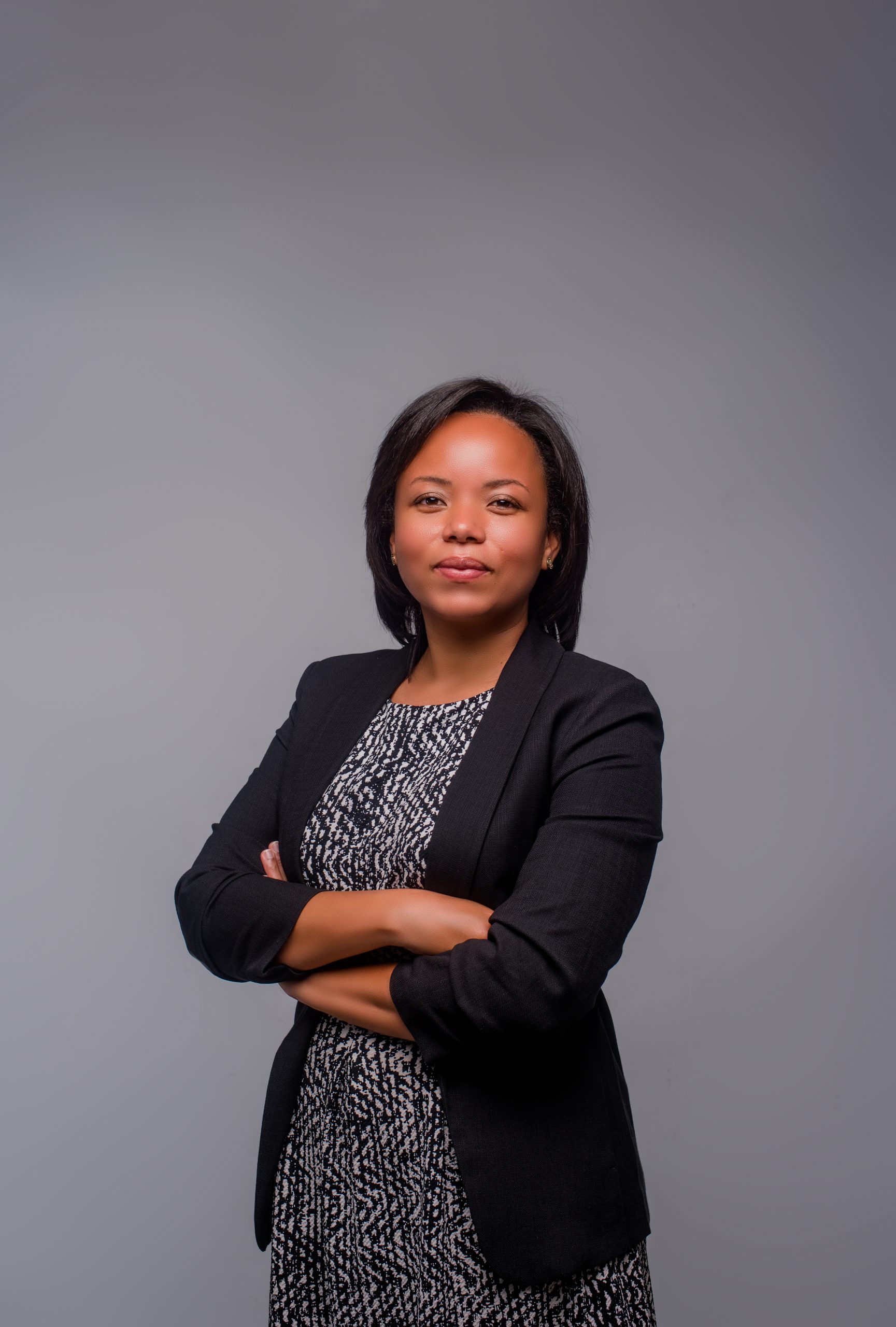Sheilla Carvalho, the incoming Managing Director of Hydroinformatics Institute (H2i), knew even while at university that she wanted to work in a field that directly impacted people’s lives. In a career spanning 17 years, this civil engineer by training and philanthropist by heart has worked across geographies to develop tools and technologies that help communities address acute water challenges. Sheilla, who moves to H2i from Royal HaskoningDHV (RHDHV), shares more on how she plans to build on the success of Singapore’s leading data-driven water management consultancy, and grow the reach of its commercial offerings.
Let’s start at the beginning. How did you end up specialising in water resource management?
My father is an electrical engineer and my mother is an economist who worked with the UN for many years, so from a young age, I knew that I wanted to do something in a field that was both innovative and delivered tangible and long lasting solutions and services to people. It led me to do my undergraduate and post-graduate studies in civil engineering at the University of Cape Town in South Africa, with a focus on water.
My journey has taken me from South Africa to broader Africa, and then the Middle East, Asia, and Europe, where I have collaborated on a range of projects aimed at delivering sustainable solutions to challenging water problems. The diversity of people and projects I encountered at RHDHV broadened and deepened my exposure to not just problems and solutions, but different approaches, processes and standards. It also provided me with the opportunity to apply a wide range of innovative technologies and tools to water issues. My work is challenging and difficult at times, but I press on because I feel at my core that what I do makes a difference to people’s lives.
How can that experience and the insights gleaned be applied to the Southeast Asian context? Are the challenges any different here, and what needs to be done?
While there are differences around the world and between countries, having to deal with water issues is common to all human beings. The value of water cannot be overstated – without it, there is no life. Yet there are ever growing challenges around ensuring sufficiency, adequacy and accessibility to clean water and adequate sanitation, while maintaining the much needed balance with the environment.
Furthermore, we also face the challenges and risks of climate change in a fast urbanising and connected world. The last couple of years have made us acutely aware of the impact of unforeseen and unexpected events, such as the recent pandemic. These are big global challenges that have direct and far-reaching local impacts, including on water and how it is managed.
To cope better, information and information management are key. From a water sector perspective, both good quality information on the current state and future potential of existing infrastructure, and reliable data on current and projected needs, are essential to providing efficient and effective services to societies. Technology and digital solutions will play a big role in this, as well as in the automation and optimisation of water supply systems to allow for better control and management. They also aid in the implementation of early warning systems that can help reduce the human impact and costs of extreme weather events. The critical difference that technology makes needs to be made more obvious – so obvious that it cannot be denied.
Do you believe Covid was the turning point in pushing governments towards considering water technologies?
Governments all over the world have realised that technology can play a significant role in addressing big challenges. However, some prefer to stay with what is familiar, or are deterred by the costs of innovating or adopting new technology. Together, companies like RHDHV, with its 140 years of experience, and H2i, with its innovative digital solutions, can help. We not only spearhead innovative technologies and digital solutions, we also help our clients implement learnings from other parts of the world, and launch pilots to test solutions that could help them leapfrog to new and more efficient solutions.
How do you hope to build on H2i’s success?
H2i has done some amazing things from its inception to date, from using mobile photo signals to better predict rain, to working with Singapore’s national water agency to better prepare the country for a potential rise in sea levels and climate change. It has applied its insights and technologies across the region – including in Thailand, the Philippines, Borneo and Oman. The solutions H2i has created have great potential to be further scaled. With my experience in management and commercialisation, and by tapping more deeply into RHDHV’s extensive experience, skillsets and resources not only in the water space but across the built environment, H2i can push further and faster in various respects, including standardisation. Having access to a broader range of skills and capabilities, training and development platforms, and other resources will allow H2i to scale and offer even more to its existing and new clients and markets.
What are you looking forward to most about being based in Singapore?
Singapore is well ahead when it comes to the planning and implementation of water solutions and services. It has embraced innovation and new technologies, and drives both with clarity and commitment. As a professional, this is a great environment for growing and pushing the boundaries. On a more personal note, I have a very diverse background myself. I was born in Mozambique, but my grandparents come from India and Portugal, so I look forward to experiencing the richness of the region’s culture. I am looking forward to the travelling, the food, and the fantastic environment in which my four- and eight-year-olds can learn and grow in, and get to know other cultures and new languages. The world is now our very own playground, and it will be very exciting to work, play and live in Singapore

0 Comments